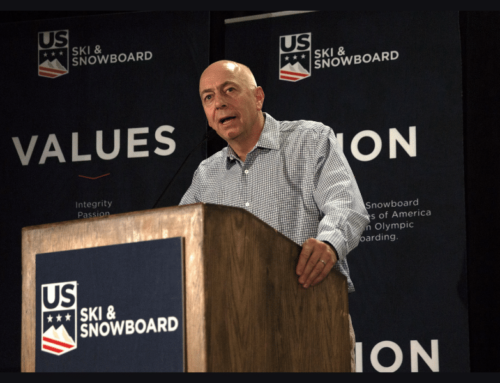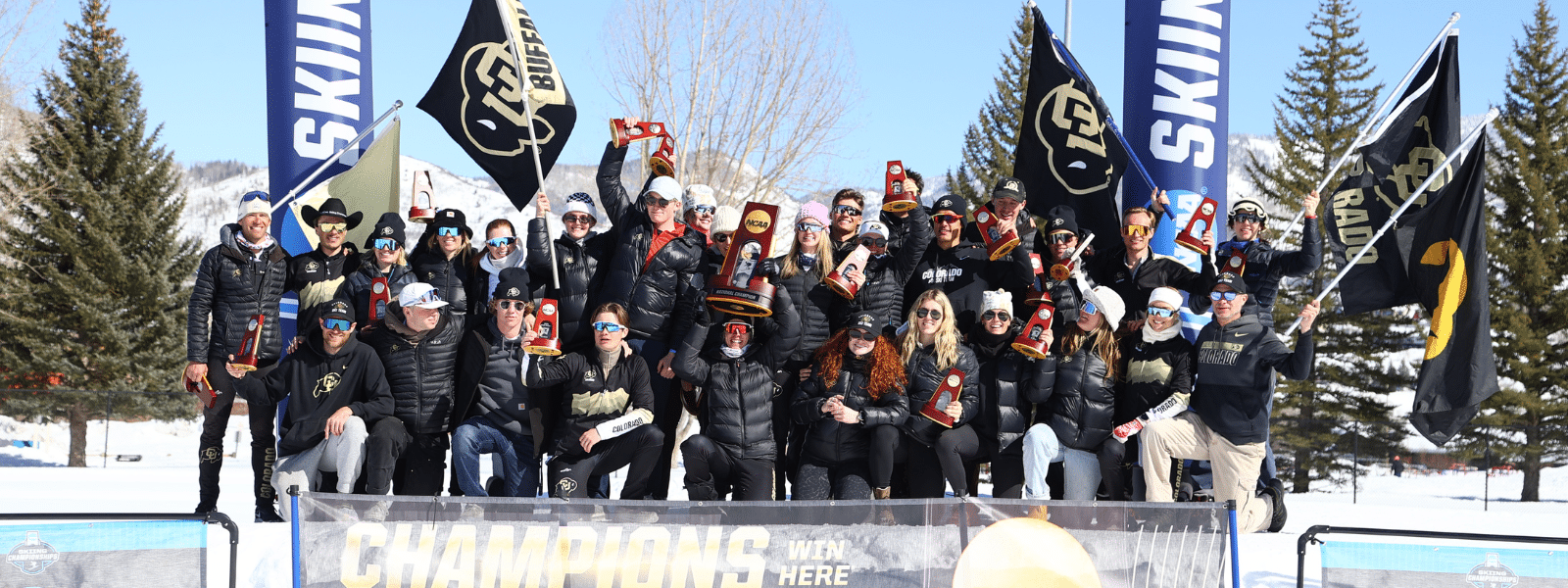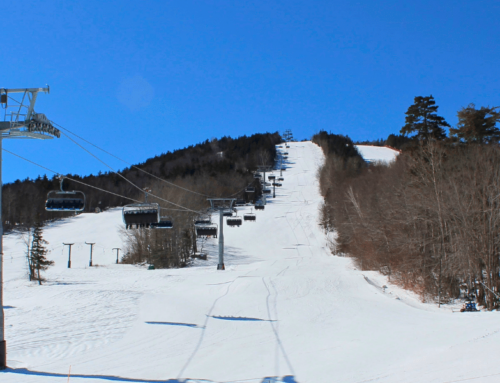How coaches can create a vocabulary for success
Your goal as a coach is to have the greatest possible positive impact on your athletes. This influence starts with your specific coaching of them to make them better ski racers and to help them achieve their competitive goals. To that end, you motivate them, build their confidence, try to relieve any pressure they might feel, help them focus, and get them in the right mindset before a race. All of your efforts on the mental side of their ski racing are to give them the best opportunity to ski their fastest when they get into the gate.
Your influence on your racers goes well beyond their ski racing careers. As educators, mentors, and friends of the kids you coach, you also have a far greater impact on them as people. Because few, if any, of the racers you coach will ever reach a truly high level in our sport, your real interest, I’m guessing, is to build strong, competent, and respectful athletes (among many other positive qualities) by instilling them with healthy values, attitudes, and goals that extend well beyond their ski racing lives. Though I’m sure you feel great satisfaction when your racers find success on the hill, I’m also guessing that you get even more “warm fuzzies” when your racers get into the college of their choice, find meaningful careers, and even return to their home club married and with children of their own who love to ski.
There are many different ways you can have this powerfully positive impact on your racers. Certainly, you act as an important role model for how they develop as both athletes and people. How you behave sends influential messages to the racers you coach, but equally important are the words you use, what you say to them.
Regardless of how you communicate to your racers, I hold a fundamental belief that, as I wrote in my third parenting book titled, Your Children are Listening, “children become the messages they get the most.” Young people will adopt the values, attitudes, and beliefs that are most present in their lives. Because you spend so much time with your racers, you are among the most influential people in their lives, along with parents and teachers.
Though role modeling is one big way you send messages to your racers, as a passionate writer and wordsmith, I believe that the words you use with them are powerful influences on the way they think, feel, behave, and perform. You use words to inspire, instruct, and guide your racers. The words you use shape their attitudes about themselves, their team, and their sport. At a very basic level, racers become the messages they get the most from you. If the messages they get from you are positive, supportive, and encouraging, they will embrace a similar vocabulary in their views of themselves as racers. In turn, if your messages are negative, angry, and discouraging, those are the messages they will adopt.
The words you use with your racers also reflect the team culture that you and they create as I discussed in a recent column. Your words tell me what you believe is important in your team culture and shape how they come to view it as well. Why not use words as tools to consciously and actively shape your racers’ attitudes and the team culture of which they are a part?
A useful way to help your racers accept the team culture and the healthy messages you want to communicate to them is to create a team vocabulary that is an expression of your team’s values, attitudes, and goals. Examples of positive words and phrases that send healthy messages to your athletes include: Purposeful, intensity, focus, quality, consistency, believe, risk, patience, process, money in the bank, prime, bring it, accept the challenge, and own it.
I encourage you to collaborate with your racers to create a team vocabulary that encompasses the messages you want them to get. Constant exposure to this vocabulary will subtly reinforce these messages in your racers increasing their likelihood of making the messages their own. A team vocabulary can become woven into the fabric of your team’s activities. Here are a few ways:
- Use words relevant to training (e.g., effort, dig deep, finish strong) on a regular basis.
- Print out and post important words around your locker room or clubhouse, providing your athletes with constant visual reminders of what you believe are important.
- At each training session, have a racer choose a word that will be the theme for the day (e.g., fight, persevere, don’t quit).
- Use certain words to cue your racers into their preparations on the day of a competition (e.g., ready, charge, drive).
- Finally, you can have your athletes write words on their equipment that are meaningful to them. When they see those words in training or competition, they remind them of what they need to do to perform their best.
Photo from USSA





















